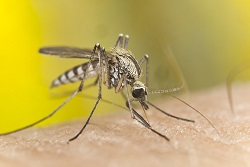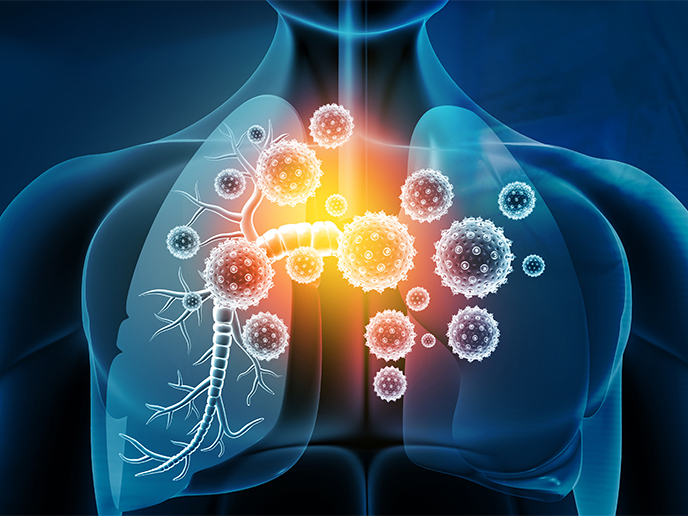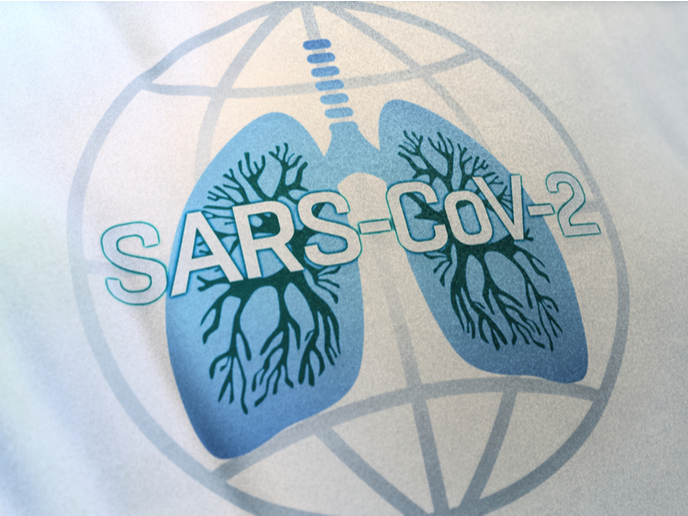Halting malaria parasite before infection
The SUGARBLOCK (Unraveling the protein glycosylation of Plasmodium falciparum is crucial for development of novel therapeutics against malaria) project has successfully shone a light on certain molecular modifications present on the surface of the malaria parasite. The hope is that one of these processes could one day be used to elicit an immune response that halts disease development. “This is fertile – and unexplored – ground for the discovery of drug targets and molecules with vaccine and diagnostic potential,” says SUGARBLOCK project coordinator Prof. Luis Izquierdo Lázaro from the Barcelona Institute for Global Health (ISGlobal) in Spain. The Holy Grail While scientists have shown that a malaria vaccine offering sterile protective immunity in humans is theoretically possible, the best that has been achieved to date has been to confer short-term protection against clinical malaria in 35-50 % of recipients. The disease continues to cause 200 million clinical cases and more than 400 000 deaths annually. “In endemic regions, individuals continually exposed to the parasite do develop immunity,” explains Izquierdo Lázaro. “But sterile immunity – the inability of the parasite to establish blood stage infections – does not develop in nature. This is why sterile immunity has become something of a Holy Grail to researchers in the field, as this would be a major step towards eliminating the disease.” The SUGARBLOCK project sought to further research into sterile immunity by building on existing scientific knowledge. This includes the significance of certain sugar molecule modifications (called glycosylations) that occur on the surface of the malaria-causing parasite. “We wanted to completely characterise the modifications expressed by sporozoites (the cells that develop in the mosquito’s salivary glands) that travel from the mosquito to the liver,” says Izquierdo Lázaro. “One of the key points for me has been a lack of knowledge about the presence of glycans at ‘difficult’ stages of the parasite, such as the development of sporozoites.” Once in the liver, sporozoites multiply and eventually burst as what are known as merozoites. These then invade the bloodstream, infecting the individual. “Although I am not an immunologist, I’d say that one of the challenges is making our immune system ‘see’ and react against sporozoites,” says Izquierdo Lázaro. “But perhaps sporozoites are completely adapted to escape the immune system and reach the liver.” A chink in the armour In any case, Izquierdo Lázaro and his team hoped that an analysis of glycans might expose a weakness in the parasite, which could then be exploited to halt sporozoite development (and eventual infection of the human bloodstream). This in effect would mimic what has been achieved using carbohydrate-protein vaccines against bacterial infections. Ling, the postdoctoral researcher who received the Marie Curie Individual Fellowship, carried out much of the lab work and has made some significant progress. “He successfully purified delicate salivary gland samples infected with sporozoites,” says Izquierdo Lázaro. “And although it has proved incredibly difficult to get enough biological material, Ling was also able to carry out protein analyses of the infected glands. One of the main challenges was – and still is – to get good amounts of sporozoites from the salivary glands of infected mosquitoes to work with.” Preliminary data are exciting says Izquierdo Lázaro, since they seem to point to the presence of unexpected glycosylations at unexpected stages. The final results are to be confirmed, and the project still has a few months to run. Nonetheless, a promising avenue of research – that might one day lead to an effective vaccine that offers sterile immunity against malaria – has been opened up.







